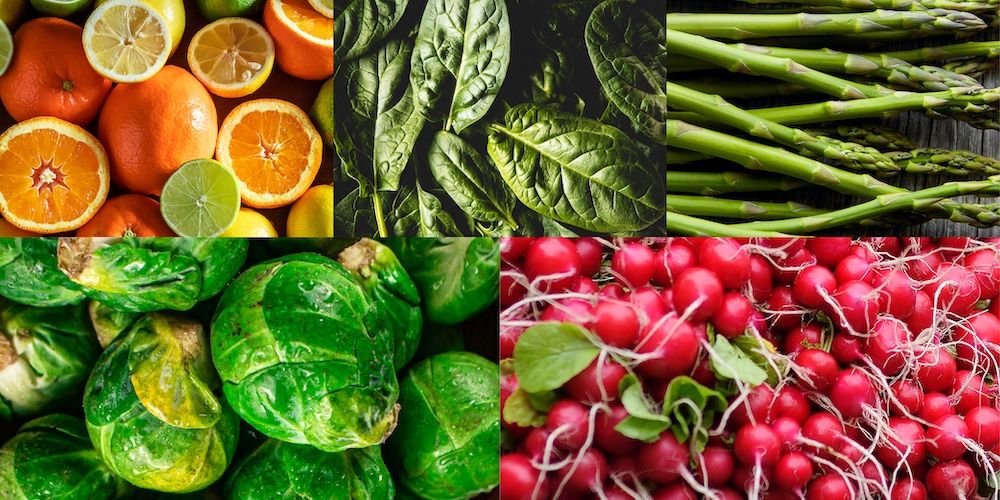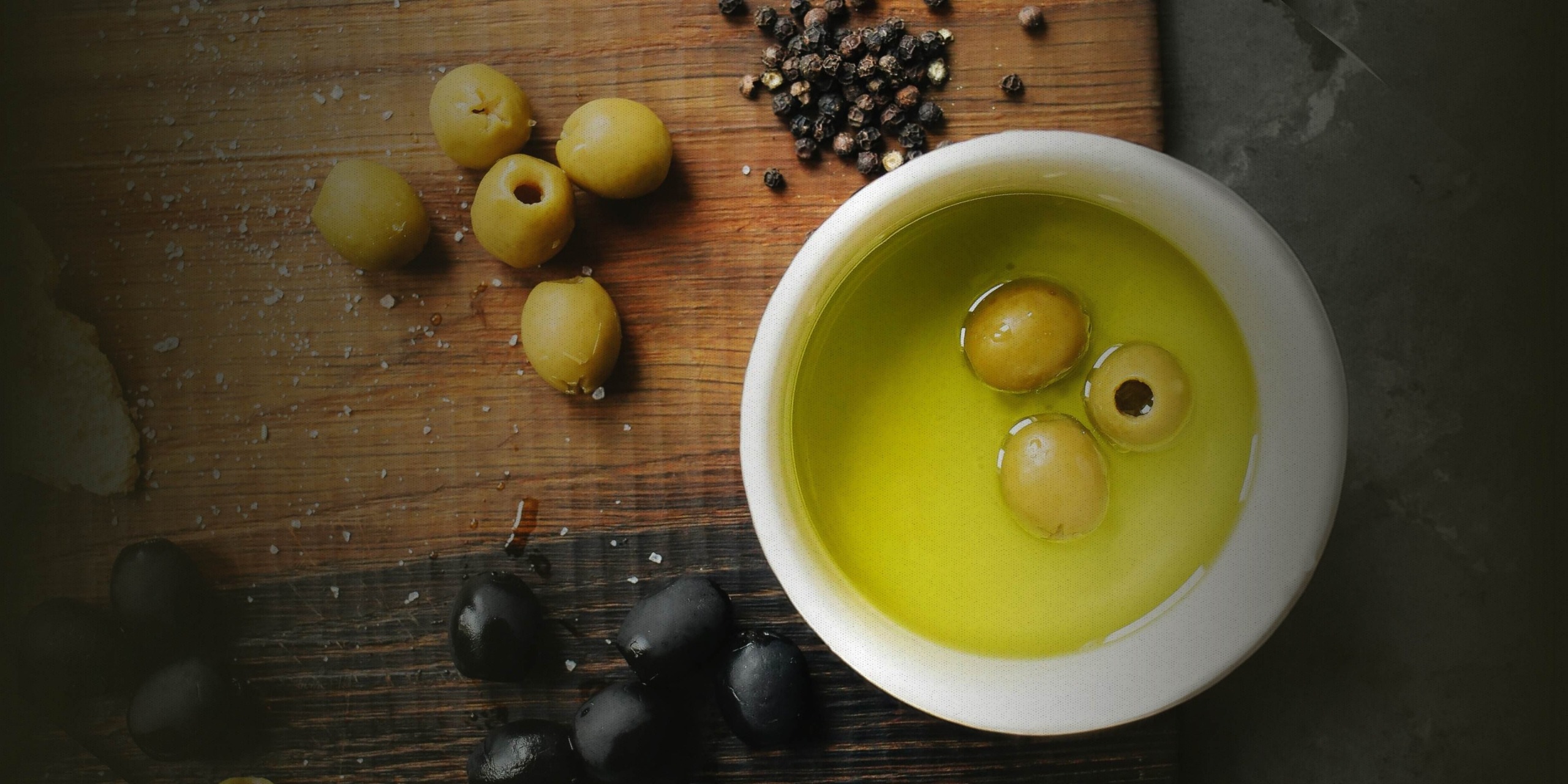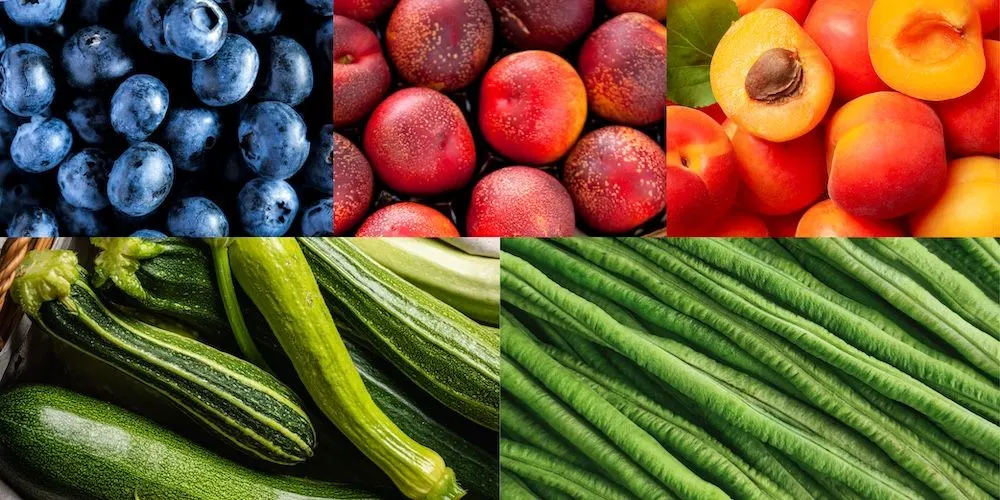Is it winter? Is it spring? March is one of those tweener months that can make it hard to figure out which produce is actually in season. You know, because you may not be sure what season it is from week to week.
Fear not, though. Here’s a list of produce that’s in season not just in terms of freshness, but also taste and ways it can give an extra boost to your nutrition.
- Citrus fruits
Want to think warm thoughts? Go ahead and grab one of those sunny citrus fruits like oranges, grapefruits, lemons and mandarins. These warm-weathered delights are actually in prime season during this month, making them extra tasty and nutritious.
Key Nutrition Benefit
- Vitamin C: Our immune systems can always need a little help come this month, and these fruits do that being loaded with this immune-boosting vitamin. A single medium orange contains about 70 milligrams of vitamin C, which is over 100% of your daily recommended intake.
- Asparagus
In a race with spring flowers, asparagus is one of the first vegetables to appear in spring, which is great considering it’s full of nutrients and flavor. You need vitamins? These green stalks are loaded with vitamins A, C, E, and K (more on that below). Oh, and they have plenty of folate, fiber and antioxidants, too.
Key Nutrition Benefit
- Vitamin K: Want strong bones? Just a half cup of cooked asparagus contains 57% of your daily intake of this bone-helping vitamin.
- Spinach
If you’re looking for an even healthier leafy green for your salads, you should take a gander at spinach. It’s packed with nutrients (iron, calcium, vitamins A and C) and primed in March.
Key Nutrition Benefit
- Antioxidants: These little defenders can be significantly important to maintaining a healthy you. Fortunately, spinach is rich in antioxidants, particularly lutein and zeaxanthin, which significantly contribute to eye health.
- Radishes
Pick a color, any color. There’s plenty of them for this crisp root vegetable. Their mild spicy flavor can add a punch to salads and sandwiches, while punching up your nutrition.
Key Nutrition Benefit
- Sulforaphane: You may not have heard of this compound, but you probably should. The sulfur-rich phytochemical is beneficial for a number of reasons, including its ability to potentially reduce your risk of cancer.
- Brussels sprouts
Often considered punishment for kids, these leafy bulbs actually thrive in chilly temperatures and have been known to taste sweeter after a frost. Regardless of taste, they’re super healthy, with one cup of Brussels sprouts providing over 200% of the recommended daily intake of vitamin K and loads of antioxidants.
Key Nutrition Benefit
- Fiber: Want a healthy digestive system? Brussels sprouts can help with a single serving providing 4 grams of fiber to support digestion and regulate blood sugar levels.
- What’s in Season? July Produce Guide - July 8, 2025
- Choosing the Right Oil: Health, History & the Greek Standard - July 1, 2025
- What’s in Season? June Produce Guide - June 3, 2025








